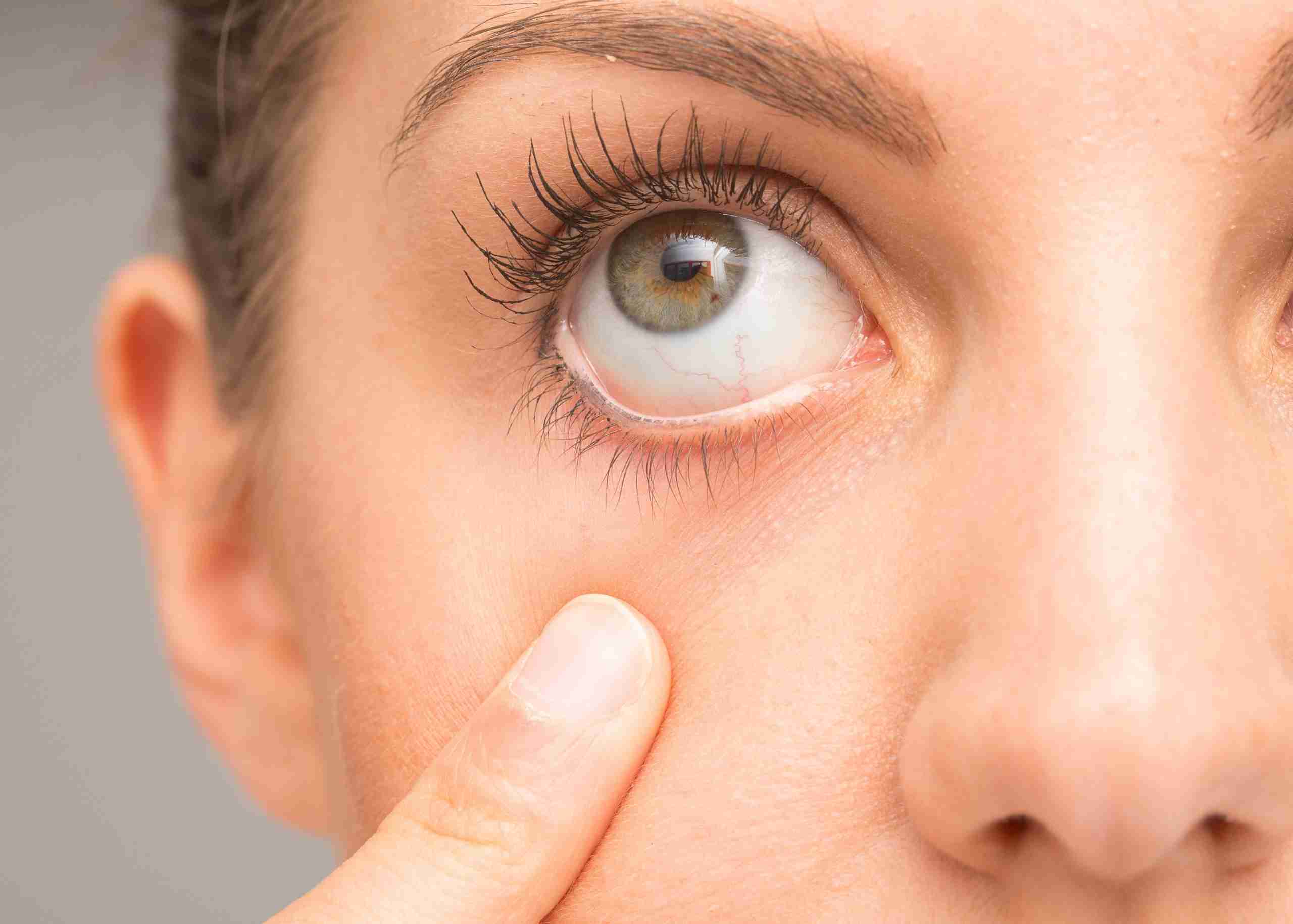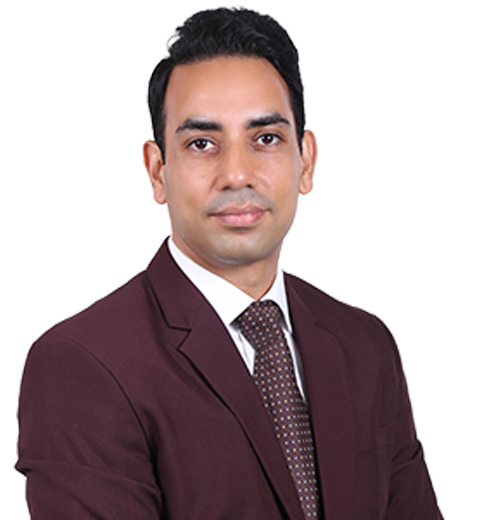What are Dry Eyes?
Dry eyes are a condition in which the eye does not produce enough tears. Tears are essential because they keep the eye lubricated and moist. The result is that it becomes red and irritated and can even lead to a loss of vision if left untreated.
What Causes of Dry Eyes?
Dry eyes are a common complaint among many people, but several underlying causes exist. The most common cause is the result of decreased tear production. This is often due to a deficiency in one or more components that make up tears: mucus, water, and oil. The most common cause of decreased tear production is meibomian gland dysfunction (MGD), which occurs when the meibomian glands do not produce enough oil to keep your eyes moist.
Environmental Conditions: Wind and cold weather can make your eyes dry, and prolonged usage of mobile phones, tablets, and computers can also cause this condition and make you uncomfortable.
A decrease in tear production can also be caused by health conditions like diabetes or autoimmune disorders such as Sjogren’s syndrome, in which the immune system attacks the tear glands and reduces tear production.
Tear production can be affected by several other factors, including:
Age: As we age, our tear glands begin to slow down. This is often why most people experience dry eyes as they age.
Contact Lens: Contact lenses can irritate and damage your eye’s surface, leading to dryness.
Medications: Some medications, like allergy eye drops or steroid ointments, may cause your eyes to feel dry and irritated.
What are the Symptoms?
The symptoms can vary from person to person, but they typically include:
- Eye discomfort
- Eye irritation or pain
- A gritty feeling in your eyes
- Difficulty focusing on near objects
- Burning sensation in the eye
- An itchy or scratchy feeling in the eyes
- A foreign body sensation (feeling like something is in your eye)
How is it Diagnosed?
Dry eye is diagnosed using a comprehensive eye exam. The Ophthalmologist will take a thorough medical history and perform an eye examination. The eye doctor may use any of these tests to diagnose the condition:
Visual Acuity Test – This test measures how well you can see at a distance and near.
Punctate Corneal Staining – This test looks for white spots on the surface of your cornea, which can indicate dryness or infection.
Schirmer Test – This test measures how much liquid you produce when you blink. It’s used to help diagnose dry eyes caused by insufficient tear production.
Tear Film Break-Up Time (TBUT) – To measure TBUT, fluorescein strips are instilled into the patient’s tear film. The patient is asked not to blink while the tear film is observed under a broad beam of blue illumination. A short tear break-up time is a sign of a poor tear film; the longer it takes, the more stable the tear film.
What is the Treatment for Dry Eyes?
The first step in treating the condition is to ensure that you address all the possible causes of your symptoms. This means ensuring that your eyelids are clean and free of debris, that you don’t have any allergies or irritants in your environment, and that you aren’t spending too much time staring at a computer screen or other devices.
Suppose these steps do not help to alleviate your symptoms. In that case, you may want to consider using artificial tears or other prescription eye drops. These drops contain lubricating agents that help keep the eyes moist and comfortable.
If the problem persists, it’s likely time for further evaluation by an ophthalmologist specializing in treating dry eyes.
How to Prevent Dry Eyes?
The best way to prevent it is by keeping your eye area clean and healthy. This can be done by regularly washing the area with gentle, non-irritating soap and then rinsing it with water.
To keep your eyes hydrated, drink plenty of water throughout the day. You should also avoid smoking and drinking alcohol, as these can dry your eyes. You should also avoid wearing contact lenses for long periods as this can cause your eyes to become dry.
If you are experiencing dry eye symptoms such as burning, itching, or redness in both eyes at any time during the day, it is recommended to consult an eye doctor
Dry eyes are a common problem that can be treated. If you are experiencing any of the symptoms of dry eye, consult with our experienced Ophthalmologist, who provides treatment for dry eyes and any other ocular diseases.
Our Expert Ophthalmologist

Dr. Shobhana Pariyani Krishna
Specialist Ophthalmology
Burjeel MHPC Health Center, Abu Dhabi



























